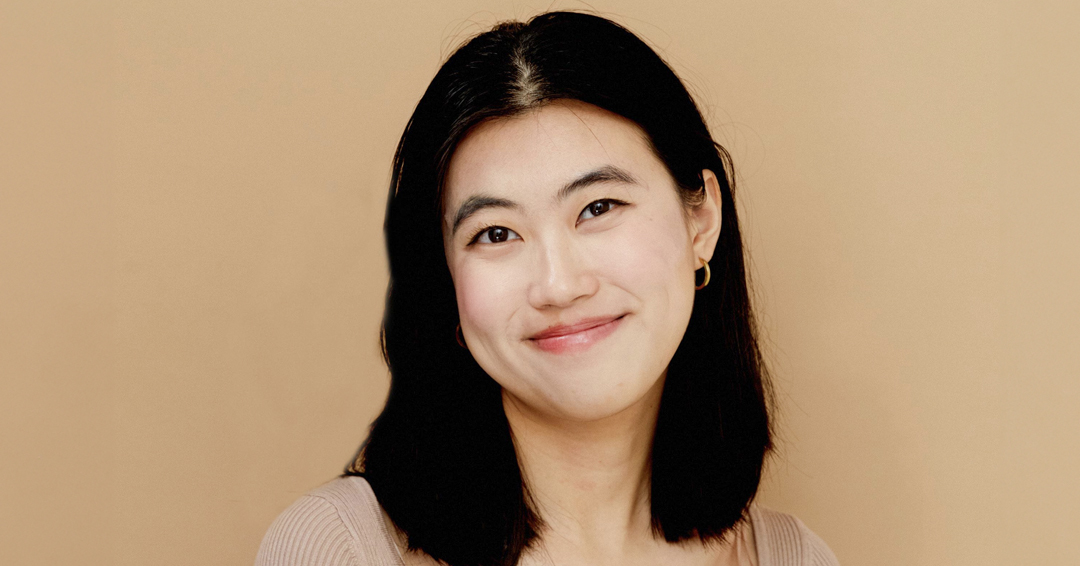
At the best of times navigating the nation’s healthcare system can prove to be a daunting task. Clinician availability, lengthy wait times to see a physician, and hours spent in emergency waiting rooms all result in frustration and anxiety for patients seeking treatment. Add to the mix the difficulty of getting access to information due to language barriers and cultural diversity and the situation gets worse, sometimes leading to disastrous outcomes.
That was the crisis Kari Guo faced when her uncle succumbed to colorectal cancer two years ago, a condition that, had he been able to access care, could have been successfully treated. “By the time our family knew about it, it was already too late. When we brought him to the hospital, it was already late stage and the treatment options were quite limited,” Guo said. “Had he told us about his early symptoms, we would have been able to bring him to the hospital or to a physician a lot earlier. That really made me think that if this happened to my family, how many other families out there have had similar experiences.”
The experience prompted Guo, a Master of Science in Public Health candidate at McGill University, to establish A Med Thing or Two, a non-profit organization dedicated to understanding public policy and promoting the accessibility of biomedical information and services within the Chinese community. The group’s website aims to provide accurate, language-accessible, and up-to-date medical information and health services that are easy to understand for international students and immigrants to Canada. At present, the site promotes the understanding of various medical topics including the necessity of frequent physical examinations, early screening and diagnosis of diseases, and patient autonomy. A Med Thing or Two hopes to expand its content to include other languages.
Guo’s early analysis shows her readers are divided into two main age groups, those in their 20s and 30s, and seniors. “These are the most culturally diverse individuals with limited literacy and limited English and thus, the most vulnerable patients.”
The organization’s top priority is to engage its audience and make educational content more available. “It’s not just for people to read, it’s a resource to easily search and find information, and have confidence and trust in the information that we provide, knowing it’s accurate, it’s relevant, and knowing that they can use the information to guide them in their decision making,” Guo says. Public health trainees, medical students, pharmacology specialists, and biomedical researchers make up the bulk of the group’s contributors, “Most of us come from life science or biomedical science backgrounds. Some of us even come from political science backgrounds, so we bring different ideas in terms of how we can contribute our expertise to this topic.”
In addition to being an information source, the team intends to play an advocacy role in public policy, encouraging lawmakers to make changes that would facilitate access to healthcare. “If governments educate people with less fluency, they will likely make better decisions on their health, make it a priority, and not hesitate to see a doctor. That’s what we are trying to do. Plus, fewer complications would likely lead to a reduction in health costs overall,” Guo says.
With a staff of 15, A Med Thing or Two is anxious to recruit fresh faces from various educational backgrounds to assist its efforts. “Having new blood would not only help us, it would challenge our thinking and hopefully result in better solutions. We’re looking for people with different cultural backgrounds from different age groups. That’s something I’m really excited about, to see what the possibilities are.”
